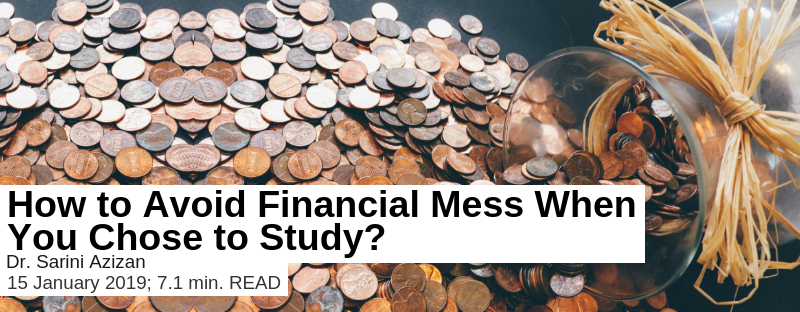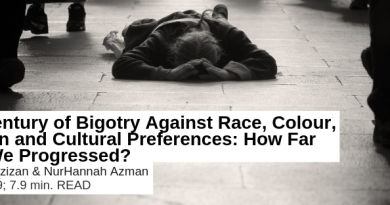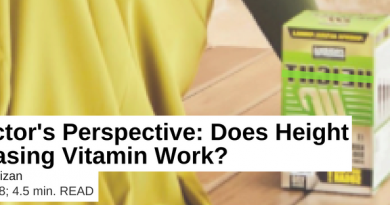How to Avoid Financial Mess When You Chose to Study?
Seeking knowledge is viewed as an essential means to self-empowerment, but how well do we understand the financial risk associated with decision to further study?
Talking to some people through the social media, during seminar and sometimes, over coffee, I have realised that many of us are passionate about studying. However, I also remembered feeling concerned when I found out that these people are unclear about the financial risk during and after studying especially, when they seek to further higher education.
People typically choose to study in order to empower themselves, to increase their employability or career prospects. Subsequently, studying can also be viewed as a pathway for better income and future.
Let’s be real. Some of us are not born with a silver spoon so whoever fall under this category should first be clear of the financial risk involved when you decide to further study. The higher the education, the longer it takes you to complete the study and thus, the higher your financial risk.
The one thing you should be certain before studying, is first to ask yourself – how you are going to sustain your living? If you are unsure about everything else, you should be certain about on how to secure a constant cash flow or income. This is so you could meet your basic living needs.
We all have bills to pay whether you are studying or not. Some of us are adult students, meaning this group tends to have ready financial obligations.
The best advice I can offer is to find part time or casual work to finance your needs or bills. This however, will force you to divide your quality time meant for studying, but it is a trade-off. This is one question you have to ask yourself whether you would rather toss around at night thinking what to eat tomorrow, or what you should or shouldn’t buy, or you would rather live financial worry-free.
You can opt for being frugal, but this strategy is likely to burst in a long run because we are after all, born to desire material things.
There was one time I took the last ride bus home from my University and I saw a familiar face. This person was in the same Master program as my friend. I couldn’t remember his name, but it didn’t stop us from having good conservation throughout the journey. I asked him why he was in last ride, close to midnight. He said he just finished his part-time job. I was taken back, I couldn’t help but felt for him. The Master program he took supposedly runs for one year, and that also mean he had a tight schedule the whole day and not to mention, back-to-back assignments. I, someone who received a scholarship at that time and should have nothing to worry other than studying immediately humbled by this person who I don’t even know his name.
Dividing your time between work and study is hard. You lose both in terms of mentally and physically. Therefore, the next best option to secure a constant cash flow is by getting a financial assistance.
Studying with scholarship however, does not give you a free pass. Scholarship has expiry date, and then what do you do when the cash flow stops? To fail to estimate future financial risk will lead you to financial mess and for some, ruins. The scholarship students often live in bubble of easy money that they forget to plan for future cash flow. Once again, you will realise that everything tends to lead to having a job that pays, consistently. If you have kids in University now, enable them to be financially independent at young age because this is one lesson, essential to their survivorship.
I have known many who chose to pursue their education using their own savings, or for some, their parents’ money. From my personal point of view, this is not an optimal decision. Study nowadays, cost us thousands of dollar and it takes years to complete like, PhD. Therefore, it can be considered as a huge investment. The most efficient decision is to find someone or institutions to finance your study, and that way, you can maximise your return on the investment. If you are using your own money or your family’s money, I can assure you, it will take years for you to get the return.
Do not get delusional that you can have a better income in future just because you completed your study. It is more about the question of demand and supply, and the concept of wage-efficiency in the labor market.
I still remember the conversations I have had with my PhD friends, some of them thought PhD would mean better future income. The answer is yes if you are subsequently being recognised as a rising star in your field, and even big yes if you are selected to join the Think Tank by the big corporations. However, the answer can also be no, if you happen to be ranked as ‘average’ compared to your PhD peers. If you are not qualified to join the Think Tank league then you are restricted to find job in academic institution, which some I have to say offer mediocre pay.
To plan to study involves planning how to live your life realistically. Understand the expected level of cost of living which you are willing to tolerate, and the size of your current and future income. For some of us out there who already have fixed commitments, furthering study require major changes in current lifestyle. Do your research thoroughly before making this big step in your life.
Reference list
(insert reference)
d

Sarini Azizan has a Ph.D. in Accounting from The Australian National University, Australia. Her research explores the theory of source credibility in corporate financial information communication
Contact info: sariniazizan@yahoo.co.uk




